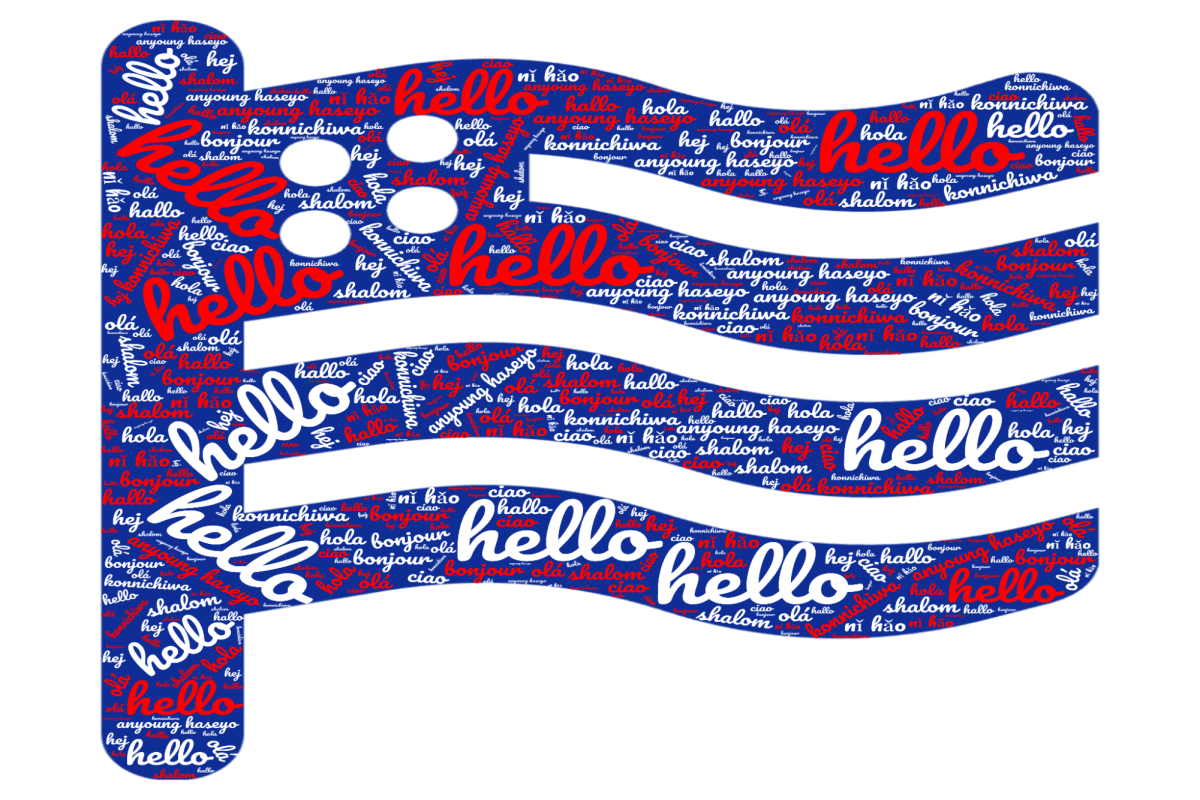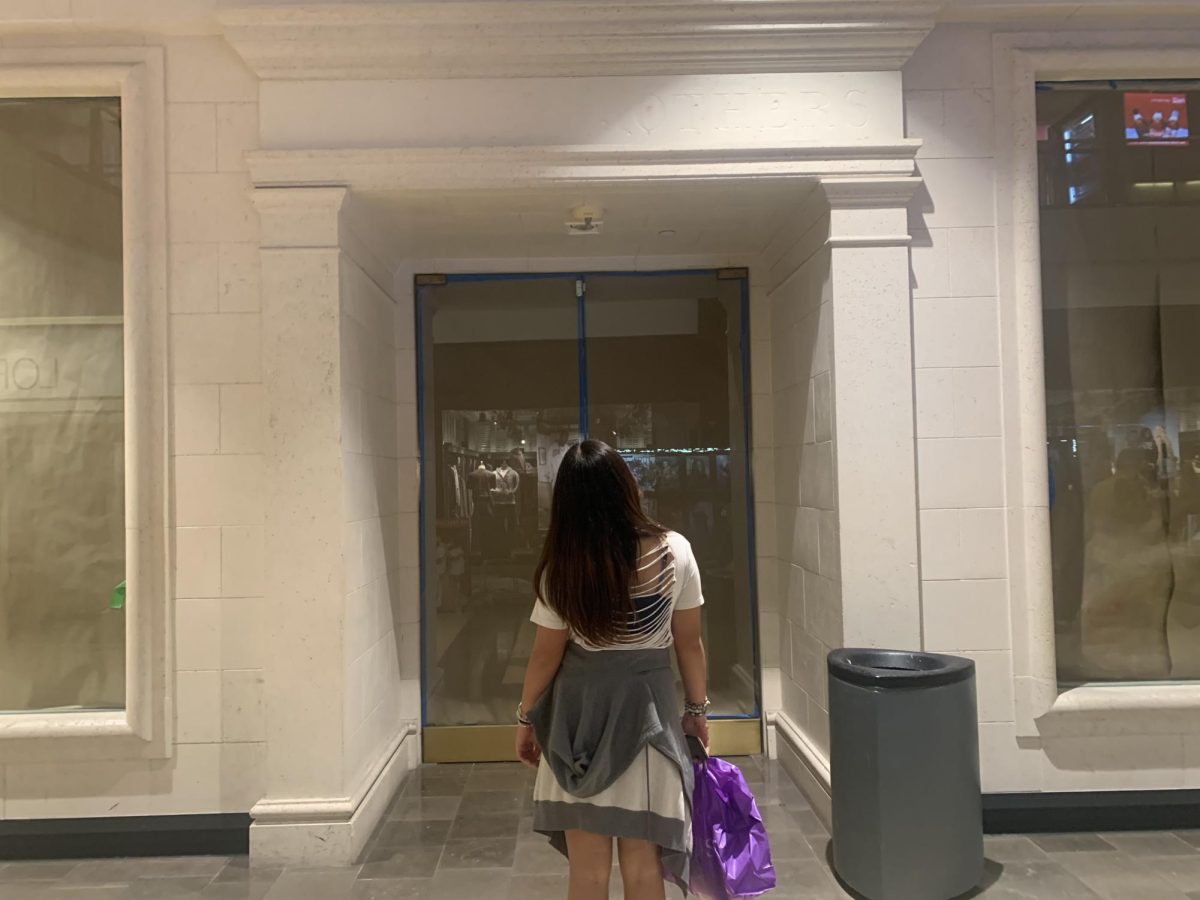In a culture that once encouraged passion and individuality, a new trend has taken hold: nonchalance. Across social media, classrooms, and even within friendships, this curated indifference has become a kind of armor. It has morphed into a performance of detachment that prioritizes humor and irony over sincerity. What started as a harmless joke has subtly reshaped the way an entire generation presents itself.
This fixation on nonchalance has left a generation paralyzed by the fear of appearing as “cringe,” replacing genuine enthusiasm with a calculated indifference. In chasing social safety through detachment, young people run the risk of losing the very passions and expressions that are supposed to give life meaning. The epidemic is not harmless, it is quietly eroding an entire generation’s ability to care.
A major effect of the nonchalance trend is that it discourages ambition. When success starts to look like “trying too hard,” many students shy away from putting themselves out there. WCA Student Will Havens explains, “I think that it’s made it more difficult for the people of our generation to go out and to try and accomplish stuff because they don’t want to be viewed as trying too hard.”
The pressure to seem effortlessly cool has turned effort itself into something uncool.
Nonchalance has not just made ambition harder, it’s also drained creativity. When every idea risks being labeled “too much,” fewer people take chances with art, style, or self-expression. As Havens puts it, “it’s kind of stifled creativity, if you ask me.”
Playing it safe may look cool, but it leaves little room for originality to thrive.
Perhaps the most damaging impact of the nonchalance epidemic is how it reshapes relationships. When caring too much is seen as embarrassing, even friendships and relationships start to feel performative. Vulnerability gets replaced with sarcasm, and real emotion is pushed down. The cost isn’t just missed opportunities, it’s an entire generation learning to fear the very act of being genuine.
Now not everyone sees nonchalance as a problem. Some argue it can be a healthy approach, keeping life calm instead of chaotic. Westminster student Andrew Sobers defines it as “just any person who takes their walk through life as calmly and carefree as possible.”
From this point of view, nonchalance might look like a way to avoid stress or unnecessary drama. But in practice, what often starts as a “carefree” approach to life, too easily morphs into apathy.
Tranquility is valuable, until it becomes an excuse to stop caring altogether.
Even those critical of nonchalance recognize that it can serve a purpose. Will Havens points out, “I think it can be helpful if you’re trying to put your life in perspective. Sometimes you just have to take life at face value and be like ‘yeah I can’t care about this, because there’s other things I need to care about more.’ So in some cases it’s a useful tool to keep yourself from burnout.”
In moderation, nonchalance can help young people prioritize what truly matters. The problem comes when detachment stops being a tool and becomes the default way of living.
An easy defense of nonchalance is that it acts as a shield. By staying detached, people avoid embarrassment, rejection, or the “cringe” of caring too much. In a world where judgement is instant and public, indifference feels safer than vulnerability. But that safety is an illusion. In guarding themselves embarrassment, people inadvertently prevent themselves from feeling the joy, connection and the real depth of human relationships. What looks like protection in the moment, ultimately leaves life emptier in the long run.
If nonchalance has become the default, then the solution is simply to make passion accepted and relevant. That does not mean caring about everything all at once, but daring to care openly about the things that matter most. Choosing authenticity over embarrassment and creativity over fear can reset the tone of the generation. It starts small, but change spreads when sincerity becomes contagious. The epidemic of detachment can only end if boldness replaces the fear of being seen.
The rise of nonchalance has shaped a generation in ways that go far beyond fashion or slang. What began as a performance of calm has grown into a fear of caring too much. Ambition, creativity and vulnerability have always been stifled under the weight of appearing effortless. While there may be moments where indifference helps keep life in perspective, living that way by default comes at too high of a cost. To move forward, passion must be seen as a strength, not a weakness. A generation cannot afford to lose itself to apathy.















